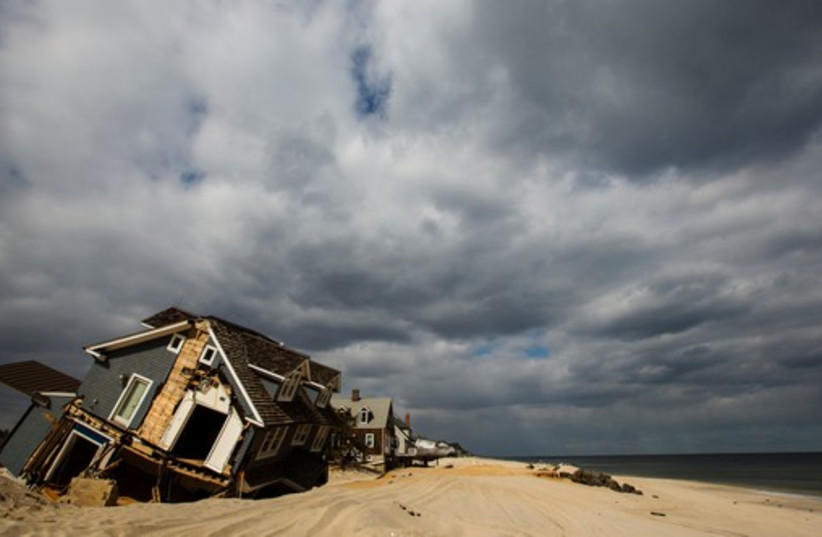Borg DNA packages share more than just the name with a cybernetic hivemind collective from the Star Trek franchise — like their namesake, they can assimilate genes, and according to a new study, this ability may be key in fighting climate change.
According to the study, the findings of which were published in the peer-reviewed journal Nature, the Borg, found in certain microscopic organisms, may prove helpful in ridding Earth's atmosphere of one of the most devastating of all greenhouse gases: Methane.
And resistance is futile - to the potential benefits, that is.

Removing methane from the atmosphere: Make it so, number one!
Methane is arguably the single most potent of all greenhouse gases, trapping 30 times more heat than carbon dioxide.
Methane is technically a natural chemical, released naturally via geological processes. In fact, Saturn's moon, Titan, has entire oceans and rivers made of mostly methane.
Methane can also be released through industrial activity, which is why so much methane is now in Earth's atmosphere. In fact, it contributes to almost a third (30%) of all man-made global warming.
How do you get rid of methane?
There are some organisms that get rid of methane, specifically Methanoperedens and other specific microbes. However, they are less common than other microbes, which instead use photosynthesis, fermentation or oxygen.
But still, we do know that these methane-consuming microbes can remove methane from the atmosphere. How, then, are they doing it? What genes are at play here?
In trying to examine this, the scientists examined Methanoperedens and discovered different Borgs inside them.
Just like the Borg in Star Trek were never given a proper or satisfying origin, scientists aren't exactly sure where the real Borgs are from either, though there are theories, and they have undoubtedly existed for a very long time.
More research is needed to study Methanoperedens and Borg in labs, especially since not all microbes use them, but a likely option is that the Borg are, in a sense, mere containers, storing a way certain genes until they are needed.
This could perhaps be seasonal. After all, methane concentration isn't constant - rather, it varies throughout the year. Maybe the Borg are only used when there is more methane in the atmosphere, helping the Methanoperedens break down more methane than they could otherwise handle.
There is precedence for this, too. After all, plasmids serve a similar function, though instead of eating methane the genes in question are for resisting toxins.
But either way, there are benefits to this.
Borg were first discovered by scientists in 2021. We know they somehow help Methanoperedens consume methane. And more importantly, we know how dangerous and harmful methane is for the atmosphere and the planet.
But what if we could use that? For the Star Trek Borg, resistance may be futile, but on Earth, resistance may just be counterproductive.
What if scientists could culture Methanopreredens and Borg in labs? What if we could use them to help aid in removing methane from the atmosphere? What if we could find a way to see if Borgs can exist alongside other species?
These aren't hypotheticals. Rather, these are questions scientists are asking.
These Borg aren't anything like the dangerous Star Trek Borg, though with how dangerous and disastrous climate change has become, maybe some might choose to be assimilated with the fictional Borg. After all, with how bad climate change has gotten at this point, humanity may not survive to the 24th century to meet the spacefaring cybernetic collective anyway.
